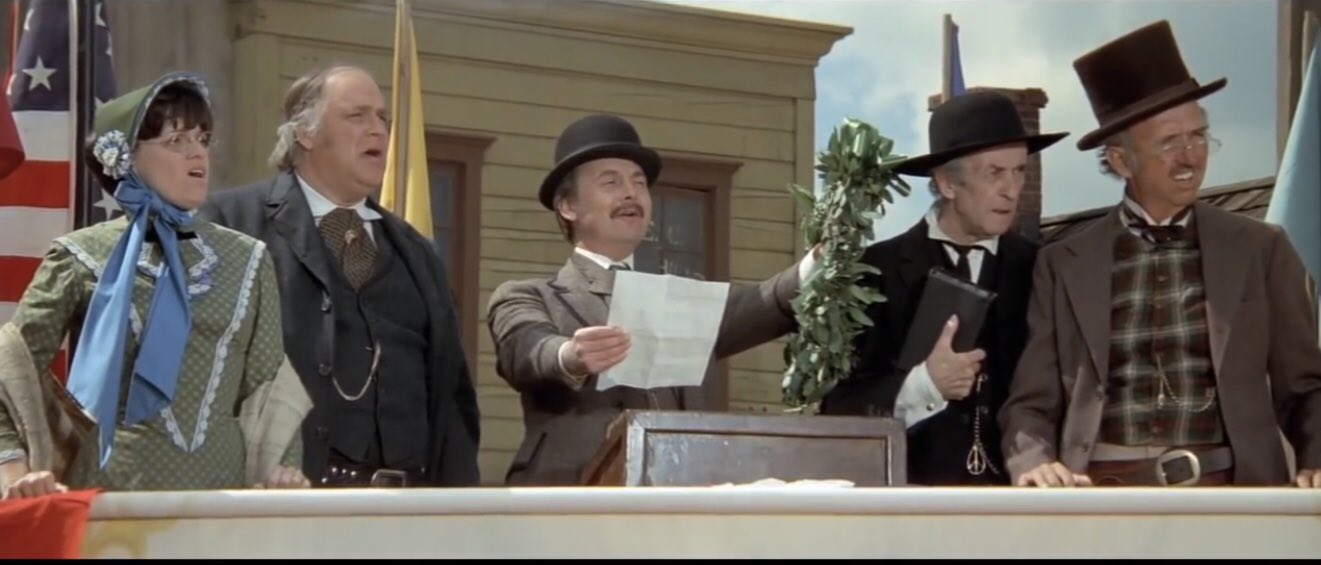:-D
(Couldn’t resist that last one! ;-)
Posted on 10/15/2024 2:40:36 PM PDT by SunkenCiv
A research team from the University of Science and Technology of China (USTC) of the Chinese Academy of Sciences (CAS), led by Prof. Jianwei Pan, Qiang Zhang, and Kai Chen, in collaboration with CHEN Jingling from Nankai University, has achieved the loophole-free test of Hardy's paradox for the first time. The team successfully demonstrated Hardy's nonlocality, closing both the detection efficiency loophole and the locality loophole...
Hardy's paradox, introduced by Lucien Hardy in the 1990s, offers a simplified test of local realism—the classical idea that physical properties exist independently of observation and that no signals exceed the speed of light. This paradox exposes the conflict between quantum mechanics and local realism by demonstrating that, under certain conditions where three "Hardy events" have a zero probability, quantum mechanics predicts a non-zero probability for a fourth event, which contradicts local realism.
Experimentally confirming Hardy's paradox is challenging due to the low probability of the fourth event, requiring high fidelity and efficiency in entanglement sources to distinguish it from noise. Prior experiments faced two main challenges: the locality loophole, where measurement choices could affect outcomes, and the detection efficiency loophole, due to optical losses.
In addressing the locality loophole, the researchers meticulously crafted a space-time experimental setup that ensured the measurement choices were spacelike separated from both the entangled state preparations and the photon detections. This configuration precludes any possibility of the measurement settings being influenced by the outcomes, thereby eliminating the locality loophole.
(Excerpt) Read more at scitechdaily.com ...
FAQ: Hardy’s Paradox: Explained in Plain Terms What is Hardy’s Paradox?
Hardy’s Paradox, also known as the Hardy’s Paradox of Entanglement or the Quantum Nonlocality Paradox, is a thought experiment in quantum mechanics that challenges our understanding of the nature of reality.
How does Hardy’s Paradox work?
Hardy’s Paradox involves two particles that are entangled, meaning they are connected in a way that their properties are correlated regardless of the distance between them. According to quantum mechanics, measuring one particle can instantaneously affect the state of the other particle, even if they are separated by vast distances.
Why is Hardy’s Paradox considered paradoxical?
Hardy’s Paradox is considered paradoxical because it goes against our common-sense understanding of causality. It suggests that an effect can occur before its cause, which contradicts our everyday experiences.
What is the significance of Hardy’s Paradox?
Hardy’s Paradox highlights the strange and counterintuitive nature of quantum mechanics. It also challenges our understanding of causality and the role of observation in reality. Its implications have been a subject of debate and have led to further research in the field of quantum mechanics.
How can Hardy’s Paradox be explained in plain terms?
In simple terms, Hardy’s Paradox shows that particles can have a connection that allows them to communicate with each other instantaneously, even if they are separated by large distances. This goes against our everyday experience and challenges our understanding of the fundamental principles of the universe.
Hardy’s paradox
Do I want a double cheeseburger or a Frisco platter?
LOL
Meanwhile Laurel’s Paradox . . . .
“Hey Rocky! Watch me pull a rabbit out of my hat!”
I think most of us prefer not having a bunch of Chinese researchers screw around with our local realism. :^)
“ Hardy’s Paradox is considered paradoxical because it goes against our common-sense understanding of causality. It suggests that an effect can occur before its cause, which contradicts our everyday experiences.”
Maybe that’s why we experience Deja vu. Odd things do happen in quantum mechanics.
Where are Carol and Ted?
:-D
(Couldn’t resist that last one! ;-)
Cause and effect is further proven to be non-local, meaning something that happens on one side of the universe can affect something that happens on the other. Other experiments prove something that happens in the future can affect something that happened in the past. Until the experiments showed it, most reasonable people, including Einstein and Bell, guessed the universe didn't work that way. This is evidence that time and space are emergent illusions.
Not to be confused with Hardee’s paradox, which is that Hardee’s Frisco breakfast sandwich cannot be bought in California.
“...without the use of turbo encabulators,...”
Old man. Turbo encabulators haven’t been used since before auto manufacturers stopped building cars with carburetors.
It’s been disgronificators ever since.
Well that’s gonna leave a mark, now isn’t it!?!
“Turbo encabulators haven’t been used since before auto manufacturers stopped building cars with carburetors.”
I beg to differ. It is my understanding that they are still being used in the calibration of cardinal graham meters.

"It is my privilege to extend a laurel, and hardy handshake."
I stand corrected for my foray into higher mathematics. But let me tell you about Schrodinger’s cat!
That’s just as well, can’t put Hellman’s mayo on it west of the Rockies.
What precisely is meant by "human observation?"
And how do we know these "entangled" things are not one thing, bilocating?
Not expecting answers, just...wondering.
Disclaimer: Opinions posted on Free Republic are those of the individual posters and do not necessarily represent the opinion of Free Republic or its management. All materials posted herein are protected by copyright law and the exemption for fair use of copyrighted works.